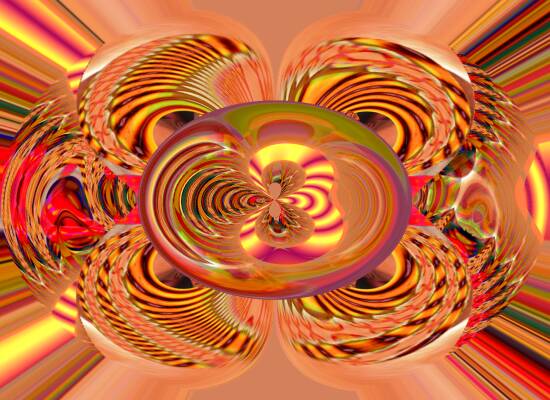

Internities
Art by Norman E. Masters
Nikolai Berdyaev is quoted as saying this:
"Discursive truth can provide no criteria for final truth: it is only at the half-way mark, and knows neither the beginning nor the end. Every proof rests upon the unproven, the postulate, the created. There is risk, and no guarantee. The very search for guarantee is wrong and really means subjecting the higher to the lower. Freedom of the spirit knows no guarantees. The sole criterion of truth is truth itself, the light which streams out of it."
http://www.chebucto.ns.ca/Philosophy/Sui-Generis/Berdyaev/bp.htm
It struck me while swimming a few laps at the local pool, that this too, is a discursive truth, as are all his other sayings, however much they resonate with me.
So I got to mulling on the nature of poetry and reality: how reality is shifting and moving and alive while all the while we try to define this and that and want to nail everything down.
There is a lot of value in the exercise of trying to get at truth discursively.
When we treat feeling states too analytically we rob them of soul, and poetry is as much about soul as it is about subject matter. The poem wants to maintain a sense of mystery about itself. Therefore, I prefer to experience the poem as a dream that is deeply symbolic, whose import is felt on an emotional, intuitive level, but which somewhat defies attempts at completely rational analysis. The goal of the poem is to bridge the gap between thought and experience; the poem accomplishes this bridge by toying with and hiding from direct thought in order to evoke image, feeling, silence.
Image must be experienced directly -- cannot be translated with its full immediacy into thought. Silence is always relative if defined as the counterpart to noise. Instead, silence can be thought of as a spiritual quality -- as that which allows image to flow; ideally, each word is shrouded in silence in the poem. Thought is a veil between the human and the divine -- a transition zone -- the uncrossable gap between human and divine. Thought is void; therefore, to approach thought is to approach anxiety. Image bridges the gap. Music bridges the gap. Silence bridges the gap. Being bridges the gap. Thought falls lost in the void.
Abstract thought can be profound and necessary, but not divine sacrament. Image is sacramental because it bridges the gap; image is ecstatic. Thought is where we go to discover ourselves in our mortality. Image comes to lead us beyond ourselves. Thought crucifies image. Image spontaneously resurrects. Word is Image. Pure Thought is Image. For a moment, the void ceases to exist. Image becomes flesh and dwells in Word. Word dwells in Thought and Thought in Text. In Text, the Ethereal Poem moves around and breathes. The written poem is but one possible snapshot or glimpse of this movement that is caught in a construct of words and images as in a freeze frame -- the still-life of the poem.
But for Berdyaev's line of thinking one may not quite substitute the word poem with the word discursive truth, but it is a pretty close near miss. Actually, the poem, it seems to me, or work of art, or spell, or ritual, if it is any good, does not reduce itself to description in recursive language but tries to move beyond the reaches of recursive thought. A good exercise for anyone.
But this is to the point of what I mean when I say we are a society chained to the dictionary.
It is all about allowing our spirits Freedom of movement so when the opportune moment presents itself we are free to make some creative act of poetic license.
Peace,
Cathie
-- From a post to her SOPHIA -- Divine Feminine, Earth, and Wisdom Centered Spirituality List, http://www.topica.com/lists/Sophia, added to the contents of Freedom Voices with Cathie's permission. --
 |
 |
 |